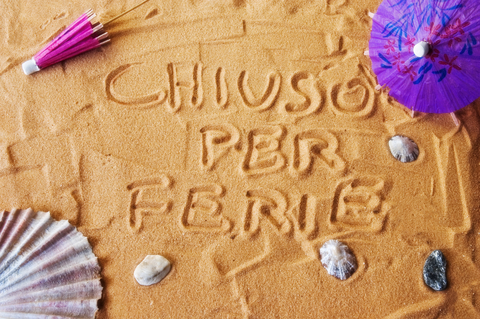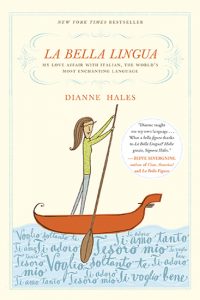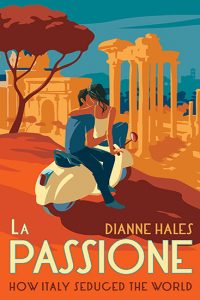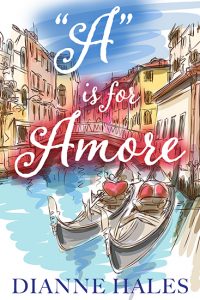
Italy goes on vacation in August. Even in not-yet-normal times, shops are shuttered, restaurants closed, streets quiet. Cities empty as residents join the esodo estivo (summer exodus), the mass departure of Italians heading off for their ferie estive (summer holidays).
Vacations are an old Italian tradition. In 1342 the Catholic calendar referred to every day that was not a festivo (Sunday or a liturgical feast) as a feria. In 1353 Giovanni Boccaccio, the master storyteller of Italian literature—and, I would venture, a great celebrator of feasts—defined ferie as a period of repose that was the right of every worker.
Italians work for their living on a giorno feriale (workday), but holidays can be paid (ferie pagate) or unpaid (ferie non pagate). The Italian term for unused paid vacation time is ferie non godute (which translates as holidays “not enjoyed”).
Prendere un giorno di ferie means taking just one day off. A break of a few days is a vacanzina or breve vacanza. The pausa estiva (summer break) extends for a longer span of sunny days (giornate di sole), starry nights (notti stellate), lovely swims (belle nuotate), marvelous meals (pasti squisiti), visits with dear friends (amici cari) and new adventures (nuove avventure).
In Italy, as in other countries, vacationers tend to head for the mountains (le montagne) or the sea (il mare). Friends who love to climb mountains (scalare le montagne) tell me that nothing beats the thrill of climbing to the top (salire in cima) of a majestic peak. Others prefer a vacanza benessere (wellness or health and fitness holiday) or a vacanza studio (study holiday, usually abroad).
As a vacanziere (holiday maker), I’d much rather head to the sea (al mare)—to walk on the beach (camminare sulla spiaggia), dive into the waves (tuffarsi nelle onde), go for a sail (andare in barca) or “take” the sun (prendere il sole).
There’s also the sublime pleasure of dolce far niente (the sweetness of doing nothing). Italian has several words to describe ways of being idle, such as oziare (to lie about), ciondolare (to sit around, hang or loaf about) and bighellonare (wander about, as in bighellonare per la citta’ — to wander around the city doing nothing in particular). My favorite is stare/starsene in panciolle (to lounge). “In panciolle” literally translates as “con la pancia all’aria” or “with your belly to the air.”
Wherever you take your holidays (prendere le ferie), I hope you can relax (rilassarsi), unplug (staccare la spina) and delight in l’atmosfera vacanziera (the holiday atmosphere).
Buone vacanze a tutti!
Dianne Hales is the author of LA BELLA LINGUA: My Love Affair with Italian, the World’s Most Enchanting Language; LA PASSIONE: How Italy Seduced the World; MONA LISA: A Life Discovered; and “A” Is for Amore, which you can download for free at diannehales.com.







